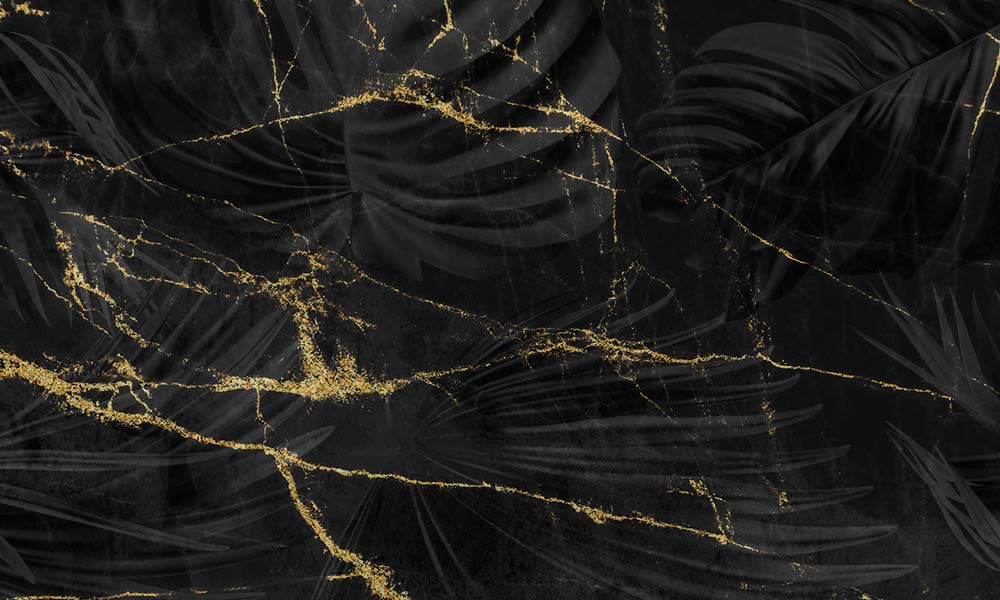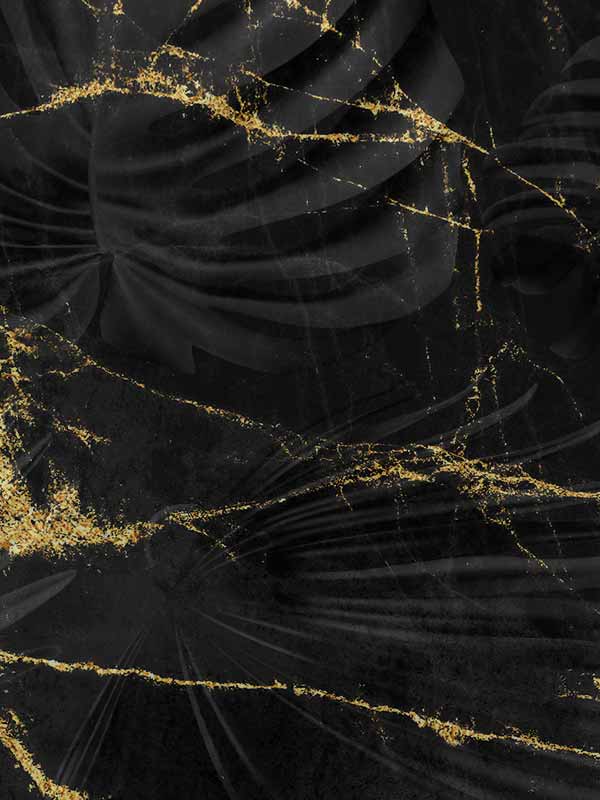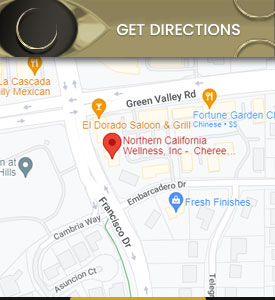Urinary Incontinence Treatment Specialist in El Dorado Hills, CA
Urinary incontinence (UI) is defined as a loss of bladder control or an inability to regulate urinating. It is a prevalent disorder. It might range from minor issues to a problem that severely disrupts your everyday life. With proper treatment, it can get better. Dr. Cheree Dunbar, MD, MPH, and her team at Northern California Wellness offer effective treatments for urinary incontinence using FDA-approved Emsella. For more information, contact us or book an appointment online. We are conveniently located at 877 Embarcadero Dr Suite 2, El Dorado Hills, CA 95762.


Table of Contents:
What is the main cause of incontinence?
What are the symptoms of urinary incontinence?
What happens if incontinence is left untreated?
Can Northern California Wellness help with urinary incontinence?
Urinary incontinence sometimes referred to as bladder incontinence, is the inability to control bladder functions and the involuntary loss of urine. It can range from a small amount of leakage when coughing or sneezing to a complete loss of bladder control. Urinary incontinence affects millions of men and women of all ages and backgrounds. It is a very prevalent condition, and the most common causes are age-related changes in the bladder, childbirth, prostate enlargement, and pelvic surgery.
There are two main types of urinary incontinence: temporary urinary incontinence and persistent urinary incontinence. Causes of temporary urinary incontinence include diuretics, which are chemicals found in a variety of different foods, drinks, and medications. Some of the most common diuretics are:
• Alcohol
• Artificial sweeteners
• Caffeine
• Carbonated beverages
• Chili peppers
• Chocolate
• Large amounts of vitamin C
• Blood pressure medications
• Sedatives
• Muscle relaxants
• Water pills
• Spicy food
• Sugary food
• Acidic food
Urinary tract infections and constipation can also contribute to temporary urinary incontinence; these conditions are typically easy to treat, which is why they are often considered causes of temporary urinary incontinence.
Persistent urinary incontinence has a longer duration than temporary incontinence and is often considered a chronic condition (if it lasts longer than three to six months). This is common in women who have experienced pregnancy and childbirth, as the body undergoes many physical and physiological changes throughout these experiences. Fortunately, in most cases these effects are short-term, but they can also lead to long-term changes that affect the pelvic floor muscles, leading to urine leakage. Other factors involved include:
• Age-Related Changes — Although urinary incontinence is not a normal part of aging, if the bladder muscles weaken over time, involuntary bladder contractions may also develop, leading to urinary incontinence.
• Hysterectomy — In female anatomy, the bladder is supported by the same tissues that support the uterus; therefore, any type of hysterectomy can potentially result in urinary incontinence as an after-effect.
• Neurological Conditions — A number of different neurological conditions, including stroke, brain tumors, and spinal injuries, as well as diseases affecting the nervous system, such as multiple sclerosis and Parkinson’s disease, may cause incontinence as a side effect; UI can often be ameliorated if the underlying condition responds well to treatment.
• Prostate Problems — In men affected by prostate enlargement or prostate cancer, urinary incontinence can result as a side effect of the condition or their treatments.
• Obstructions — Urinary tract obstructions, such as urinary stones and tumors, can disrupt the normal flow of urine, potentially leading to overflow incontinence or urine leakage.
Signs and symptoms of urinary incontinence include:
• Leaking urine during everyday activities, including:
– lifting objects
– bending over
– coughing
– sneezing
– laughing
– exercising
• inability to hold in urine
• leaking urine without any warning or urge
• wetting bed during sleep
• leaking during sexual activity
If urinary incontinence is left untreated, it can negatively affect both physical and emotional health; urine leakage can often affect one’s confidence and may prevent them from attending certain events which can result in emotional strain. The physical effects urinary incontinence can have on the body include a higher risk of urinary tract infections and kidney problems.
Yes, we can! At Northern California Wellness, we provide a number of ways to help people dealing with urinary incontinence achieve a better quality of life and have a high rate of patient satisfaction.
Northern California Wellness can provide you with the tools you need to overcome your urinary incontinence. Contact us today to book an appointment with our urinary incontinence treatment specialist, or visit our clinic conveniently located at 877 Embarcadero Dr Suite 2, El Dorado Hills, CA 95762. We serve El Dorado Hills CA, Folsom CA, Clarksville CA, Cameron Park CA, Granite Bay CA, Alder Creek CA, and Orangevale CA.

Additional Services You May Like
▸ Botox
▸ HD PDO Threadlift
▸ Kybella
▸ Juvederm Fillers
▸ Restylane Fillers
▸ Latisse Eyelash Growth
▸ HD PDO Arm Lift
▸ HD PDO Brow Lift
▸ Lip Fillers
▸ Nasolabial Folds
▸ Xeomin
▸ Hair Removal
▸ IPL Photofacials
▸ Skin Rejuvenation
▸ Stretch Marks
▸ Acne Scar Treatments
▸ Plexr
▸ Non-invasive Skin Resurfacing
▸ BTL Exilis Ultra 360
▸ Trusculpt
▸ Emsculpt Neo Body Sculpting
▸ BioTE Pellet Hormone Therapy
▸ Bioidentical Hormone Treatments
▸ Prolon Nutrition
▸ Nutrition and Fitness Consultation
▸ Vaginal Rejuvenation
▸ Emsella for Urinary Incontinence

Additional Services You May Like
▸ Botox
▸ HD PDO Threadlift
▸ Kybella
▸ Juvederm Fillers
▸ Restylane Fillers
▸ Latisse Eyelash Growth
▸ HD PDO Arm Lift
▸ HD PDO Brow Lift
▸ Lip Fillers
▸ Nasolabial Folds
▸ Xeomin
▸ Hair Removal
▸ IPL Photofacials
▸ Skin Rejuvenation
▸ Stretch Marks
▸ Acne Scar Treatments
▸ Plexr
▸ Non-invasive Skin Resurfacing
▸ BTL Exilis Ultra 360
▸ Trusculpt
▸ Emsculpt Neo Body Sculpting
▸ BioTE Pellet Hormone Therapy
▸ Bioidentical Hormone Treatments
▸ Prolon Nutrition
▸ Nutrition and Fitness Consultation
▸ Vaginal Rejuvenation
▸ Emsella for Urinary Incontinence



